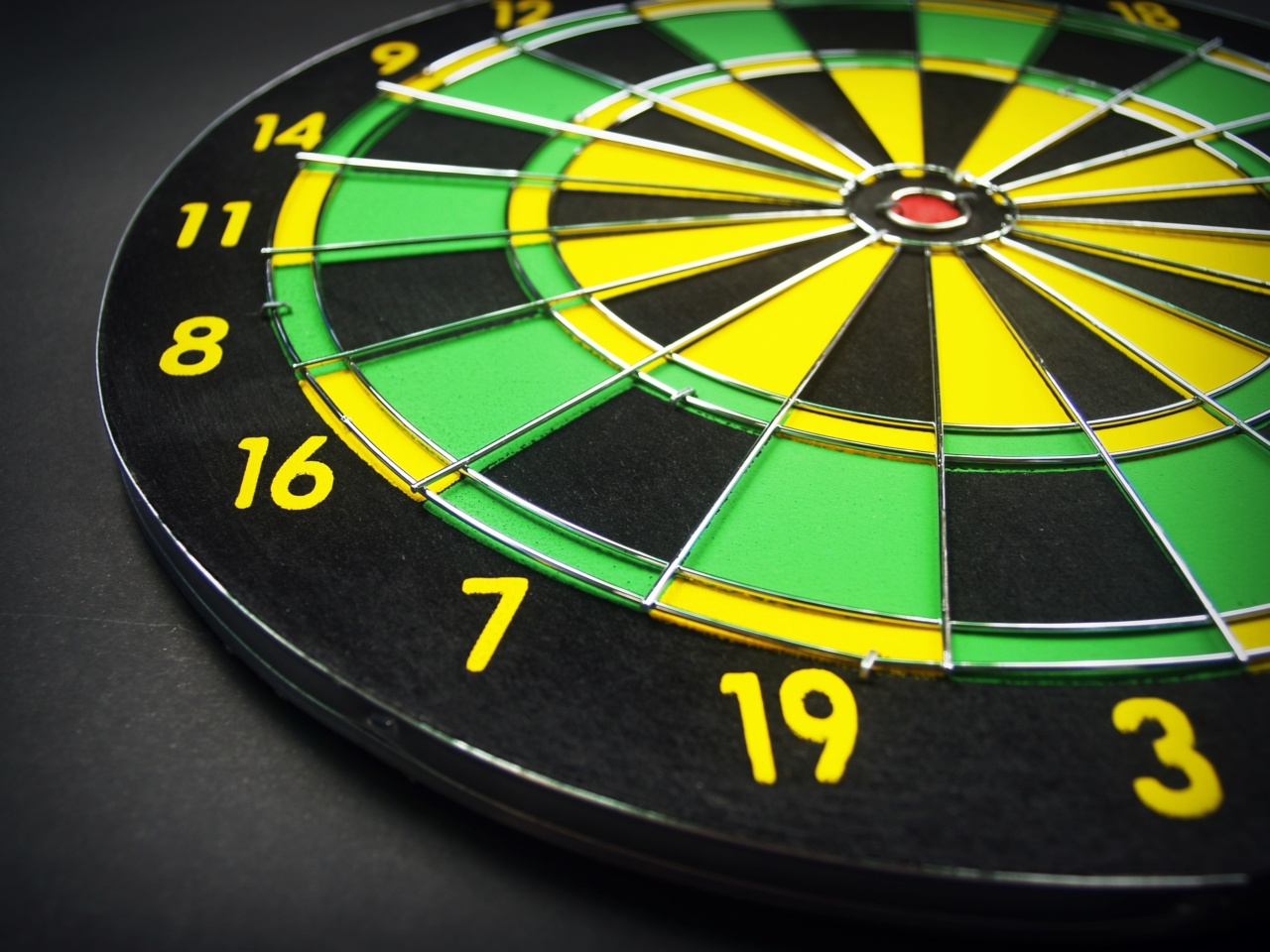As we age, one of the most common concerns is maintaining cognitive function and preventing the onset of dementia.
While exercise and a healthy diet are important factors, a recent study has revealed that board games can be an effective way to reduce the risk of dementia.
Why Board Games are Effective
When we play a board game, we are actively engaging our brain in multiple ways. This includes problem solving, memory recall, and strategic thinking.
The various components of a board game require us to think critically and use different parts of our brain, which can help to improve cognitive function. Furthermore, the social component of board games can also have a positive impact on brain health.
The Link Between Social Interaction and Dementia
One of the key factors that contribute to the onset of dementia is social isolation. When we are socially isolated, we are more likely to experience mental health problems, which can lead to cognitive decline.
Conversely, social interaction can help to keep our brain active and improve cognitive function, which can help to reduce dementia risk.
Board games are a great way to engage socially with others. Whether it’s playing with family members, friends, or a local community group, board games provide an opportunity to interact with others and engage in stimulating conversation.
This can help to keep our brain active and reduce the risk of dementia.
The Best Board Games for Dementia Prevention
Not all board games are created equal when it comes to dementia prevention. The best board games are those that require problem solving, memory recall, and strategic thinking. Here are some of the best board games for dementia prevention:.
Chess
Chess is a classic game that requires strategic thinking and problem solving. Playing chess can help to improve cognitive function and reduce the risk of dementia.
Scrabble
Scrabble is a word game that requires memory recall and problem solving skills. It can help to improve cognitive function and reduce the risk of dementia.
Bridge
Bridge is a card game that requires strategic thinking and problem solving. Playing bridge can help to improve cognitive function and reduce the risk of dementia. Additionally, the social aspect of the game can provide further benefits.
Clue
Clue is a mystery game that requires problem solving and critical thinking skills. Playing Clue can help to improve cognitive function and reduce the risk of dementia.
Conclusion
Board games can be a surprising yet effective way to reduce the risk of dementia. The various components of board games can help to engage our brain in different ways, while the social aspect can provide further benefits.
By playing board games regularly, we can help to keep our brain active and reduce the risk of cognitive decline.






























